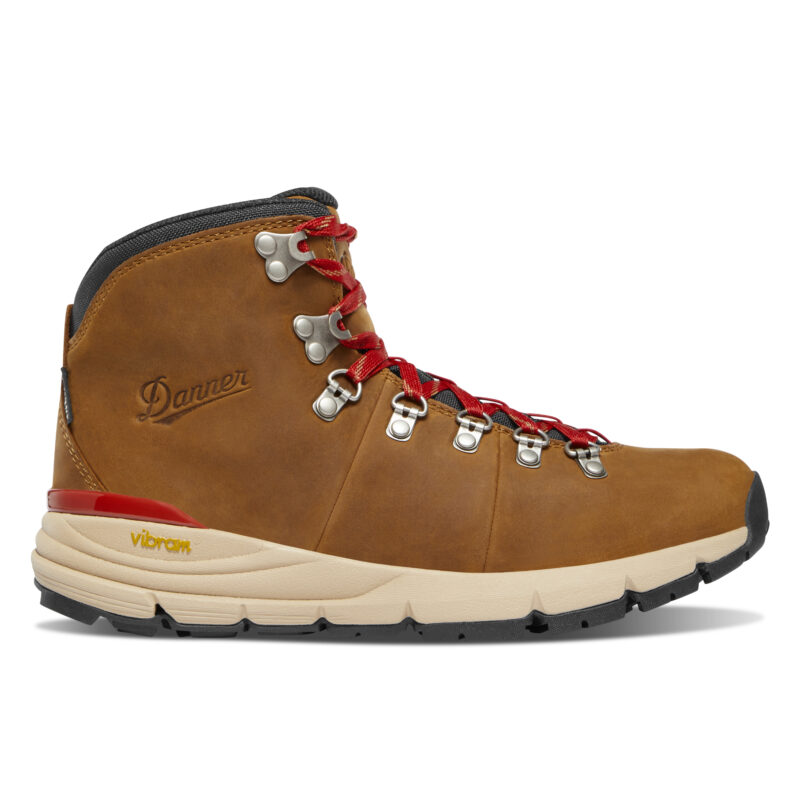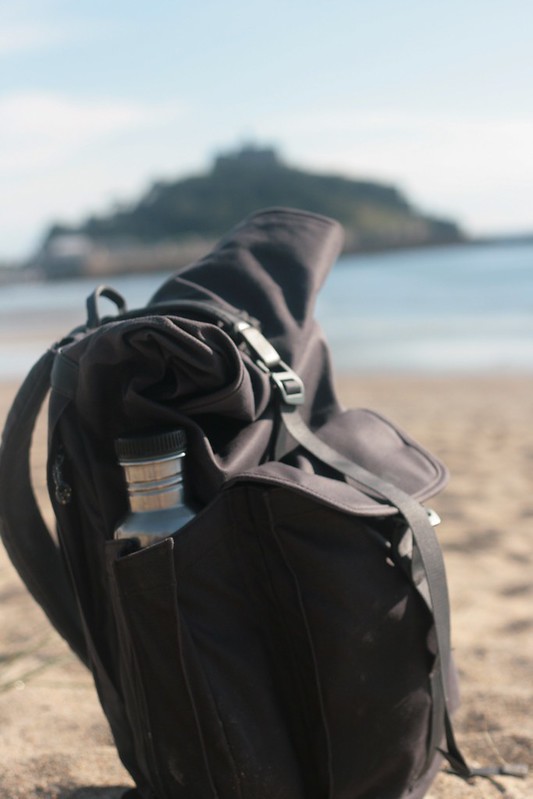

Choosing sustainable and ethical travel gear is a crucial consideration for conscious travelers. In today’s world, sustainability is becoming more important than ever for travelers and businesses, particularly for travel gear selection. This article dives into the challenges and complexities of selecting travel gear that aligns with ethical and sustainable principles. We’ll explore different materials, manufacturing processes, and ethical sourcing to help you navigate the landscape of conscious travel choices. This guide will break down the essential questions and choices facing consumers, from identifying potential pitfalls to providing concrete examples of ethical brands. It’s a critical step in your sustainable travel journey.
Understanding the Concept of Sustainable and Ethical Travel Gear
Defining Ethical and Sustainable Practices
Sustainable travel gear encompasses products crafted with eco-friendly materials, minimizing environmental harm during production, and prioritizing the welfare of workers throughout the supply chain. Ethical production practices focus on fair wages, safe working conditions, and transparency in sourcing. These concepts often intersect, as sustainable materials are often sourced in a more equitable manner.
Recognizing the Importance of Ethical Considerations
Consumers are increasingly aware of the environmental and social impacts of their purchasing decisions. The demand for sustainable and ethical products is growing, creating a ripple effect that is pushing companies to re-evaluate their practices. Ethical sourcing is particularly important in the travel gear industry, considering the impacts on communities and the environment. Travelers are recognizing the impact of their choices, and this is driving change.
Navigating the Complexities of Ethical Sourcing
Challenges in Identifying Sustainable Materials
Identifying sustainable materials can be challenging, as many claims may not be verifiable or supported by rigorous third-party certifications. Determining the environmental impact of each stage of production, from raw material extraction to manufacturing, is crucial, but often difficult to track.
Evaluating Manufacturing Practices
The Significance of Fair Labor Standards
Beyond the materials themselves, fair labor practices are essential. Exploitation of workers, including low wages and unsafe working conditions, can negatively affect both the environment and the workforce. Understanding how products are made is as important as knowing what they are made of. Transparency is crucial for ethical consumers.
Assessing the Environmental Impact of Production
The environmental impact of manufacturing processes can be significant. Excessive water consumption, harmful emissions, and waste generation during production can have severe environmental consequences. Consumers should prioritize businesses using eco-friendly manufacturing processes.
The Role of Certifications and Standards
Recognizing Trusted Certifications
Several certifications and standards can help consumers identify products that meet high ethical and environmental standards. These certifications often involve third-party audits to ensure compliance with specific criteria, but consumers need to research and understand what the standards mean.
Utilizing Resources for Ethical Selection
Numerous organizations offer resources and information on ethical brands and products. Consumers can use these resources to assess and compare travel gear from different brands and align with personal values and beliefs.
Case Studies of Sustainable and Ethical Travel Brands
Examples of Ethical Practices
Several companies are committed to ethical sourcing and sustainable production. Patagonia, for instance, is renowned for its dedication to environmental sustainability, and many travel brands are adopting similar principles. Examining their practices can offer valuable insights.
Impact of Consumer Demand
The increasing consumer demand for sustainable products has encouraged companies to adopt more ethical practices. Consumers are empowered to support brands that align with their values and can help make a positive impact on the industry.
Recommendations for Consumers
Prioritizing Ethical Brands
Always choose brands known for their ethical production practices. Research their sourcing and manufacturing processes. Prioritize brands with a proven track record of ethical conduct. Transparency can help consumers make more conscious choices.
Exploring Certifications and Standards
Always look for third-party certifications to verify ethical and environmental claims. Some examples include Fair Trade, Bluesign, GOTS, and others. Consumers should familiarize themselves with these certifications before making a purchase.
Evaluating Transparency and Sustainability
Look for transparency in a brand’s sourcing and manufacturing practices. A commitment to traceability and sustainability can indicate a company’s dedication to ethical production.
Conclusion
Choosing sustainable and ethical travel gear is not just a trend; it’s a vital step for conscious travel. Consumers can advocate for responsible businesses, help preserve the environment, and support ethical working conditions by carefully evaluating the gear they purchase and supporting brands known for their ethical principles.
FAQ
What are the ethical considerations to consider when selecting travel gear?
Ethical travel gear should be produced using sustainable practices, minimizing negative environmental impacts, ensuring fair wages for workers, and promoting social responsibility. It’s essential to understand the entire supply chain to truly assess the ethical standards of a given product.
What are the most popular sustainable and ethical travel gear brands?
Many brands focus on sustainability and ethical sourcing. Look for certifications like Fair Trade, GOTS (Global Organic Textile Standard), and Bluesign. Research and compare products to find gear that meets your needs and values.
Frequently Asked Questions:
What are the ethical considerations to consider when selecting travel gear?
Ethical travel gear should be produced using sustainable practices, minimizing negative environmental impacts, ensuring fair wages for workers, and promoting social responsibility. It’s essential to understand the entire supply chain to truly assess the ethical standards of a given product.
What are the most popular sustainable and ethical travel gear brands?
Many brands focus on sustainability and ethical sourcing. Look for certifications like Fair Trade, GOTS (Global Organic Textile Standard), and Bluesign. Research and compare products to find gear that meets your needs and values.
What are the environmental implications of choosing sustainable travel gear?
Sustainable travel gear reduces the environmental footprint by using recycled materials, minimizing water usage during production, and reducing carbon emissions. Every conscious decision has an environmental impact, and sustainable gear helps reduce waste and pollution.
In conclusion, choosing sustainable and ethical travel gear is not just a trend, but a crucial step towards a more responsible and environmentally conscious future. By prioritizing brands committed to ethical sourcing, fair labor practices, and eco-friendly materials, travelers can make a positive impact on the planet while enjoying their adventures. Remember, small choices lead to big differences, and every conscious decision you make in your travel choices is significant. For a more detailed overview of specific brands and products, explore our comprehensive guides and resources. Let’s embark on a journey towards more conscious travel together! Consider researching brands with transparent ethical practices, and explore organizations promoting ethical travel.